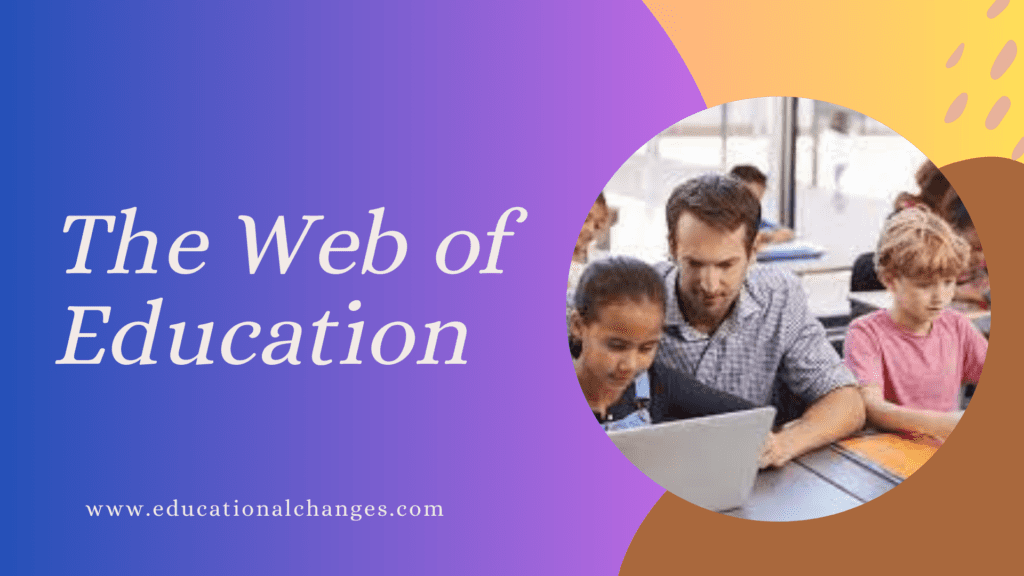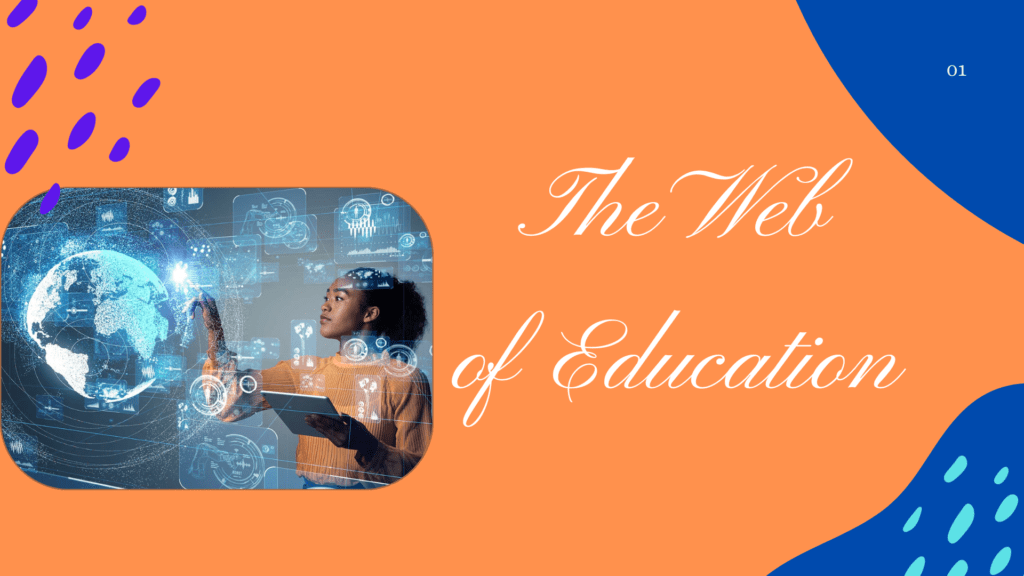The impact of education on social mobility, cohesion, and equality is profoundly influenced by power dynamics within society. Cristina Groeger’s book, “Education Trap,” challenges the conventional belief that education serves as a remedy for poverty and social inequity, asserting that the current form of education often perpetuates and legalizes social inequalities. In this article we are going to discuss about the web of education in the world and its causes.

Education systems are shaped by a complex interplay of historical, political, social, cultural, and economic factors. While education encompasses all societal experiences, formal schooling is a designed set of processes aimed at achieving specific learning standards for different age groups. In societies marked by power imbalances, such as authoritarian regimes, power centers manipulate school-level learning experiences to perpetuate class segregation.
Disparities between public and elite private schools in resources, curricula, learning environments, and pedagogy contribute to distinct societal aims – producing future leaders for the elite and obedient citizens for the public. Religious education further reinforces these power structures.
Efforts like the Single National Curriculum and a rebranded Pakistan National Curriculum, while purportedly addressing class-based education, may inadvertently exacerbate existing disparities. The implementation challenges across well-equipped and under-resourced schools underscore the need for a responsive and diversified curriculum, as observed in successful education systems globally.
In a stratified education system driven by vested interests, the policy of enrolling every child in public schools may be illusory. The emphasis on constructing new buildings and campuses to address access issues may compromise educational quality. Visible infrastructure projects may garner political favor, even as issues like research capability, faculty salaries, and mismanagement scandals plague existing institutions.

The commodification of education, with a focus on economic returns, sidelines its traditional spiritual dimensions. High expectations from schooling as a means of achieving economic well-being contribute to the materialization of education, closely tied to social status and power.
The recent surge in living costs is predicted to increase dropout rates, challenging the traditional response of alternative learning pathways and tuition options. As economic challenges push the middle class into poverty, parents may opt for income-generating activities for their children instead of investing in education, given the uncertainty of job prospects after graduation.
The quality of education is also hindered by the inadequate capabilities of teachers, attracting less qualified individuals to the profession. Professional stratification and the devaluation of teaching as a career choice further compound the issue, favoring graduates of English-medium institutions.
For education to contribute to social development, it must prioritize quality and equity, rejecting its role as a tool for elite oppression. The focus should be on strengthening the broader social system, providing avenues for learning and choice to empower everyone, rather than molding the masses into obedient subjects serving elite interests. Recognizing that the majority of the population comprises youth, vulnerable to knowledge deficits due to an impoverished education system, underscores the urgency of addressing these issues to escape the current grim condition.








